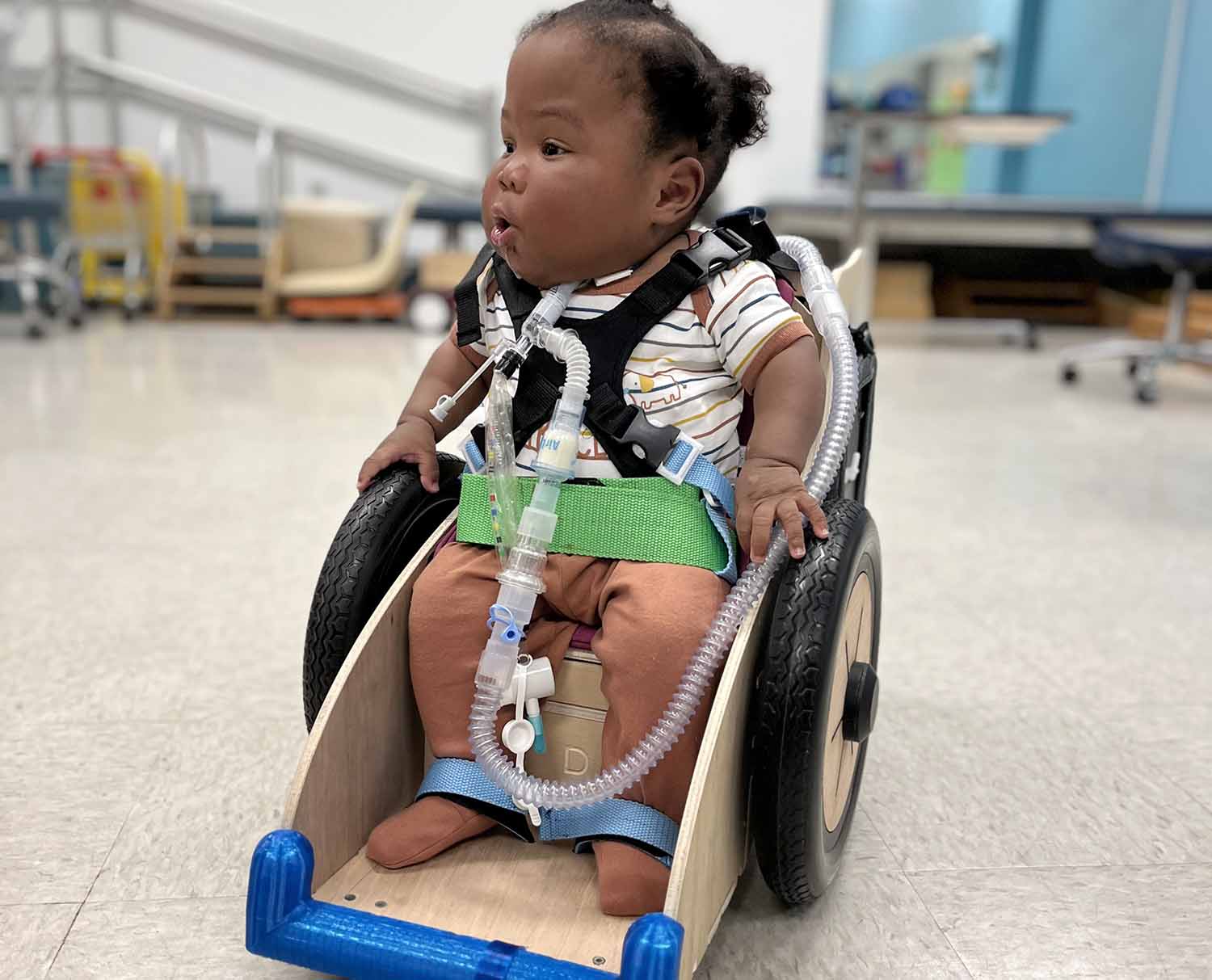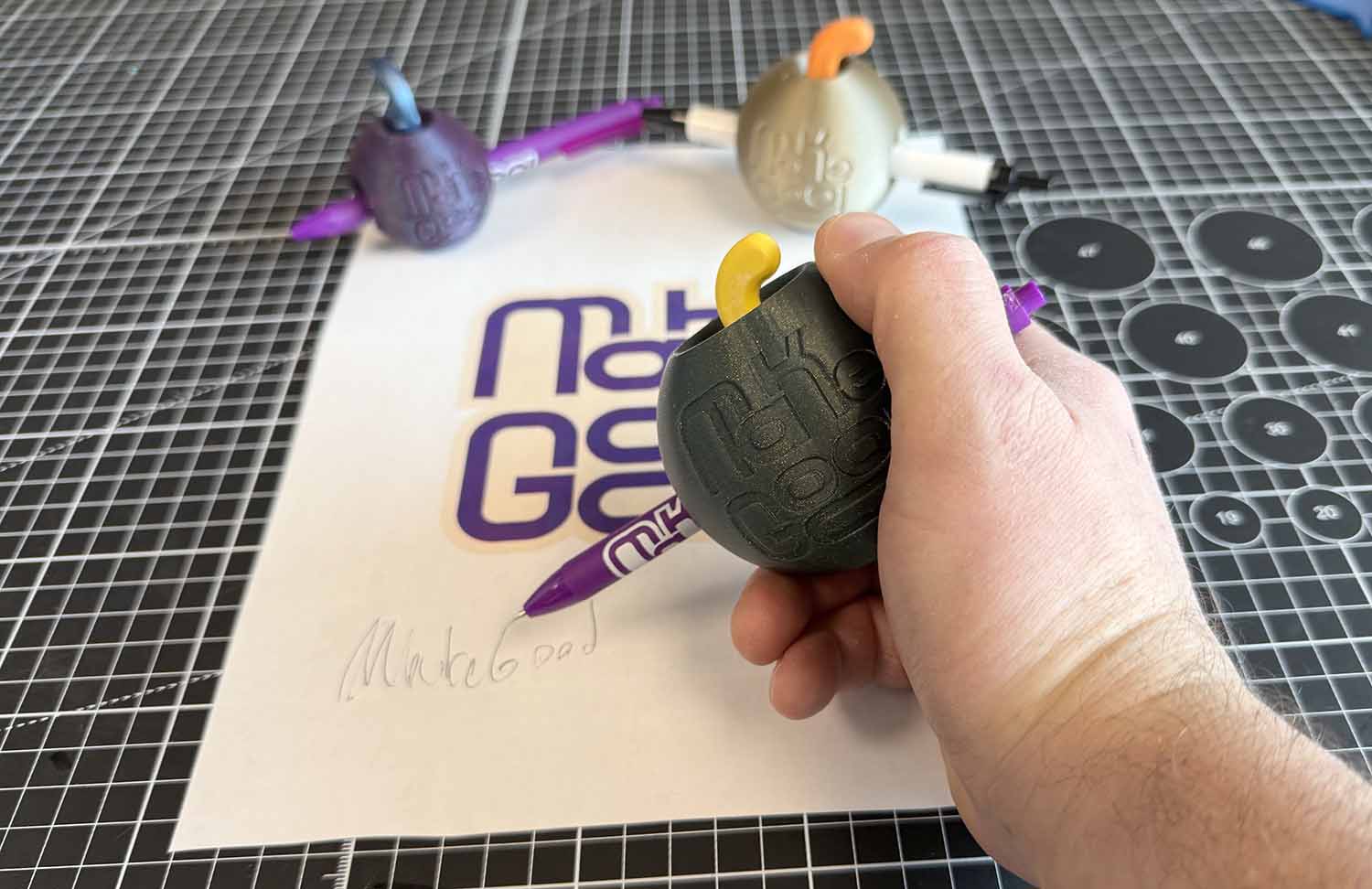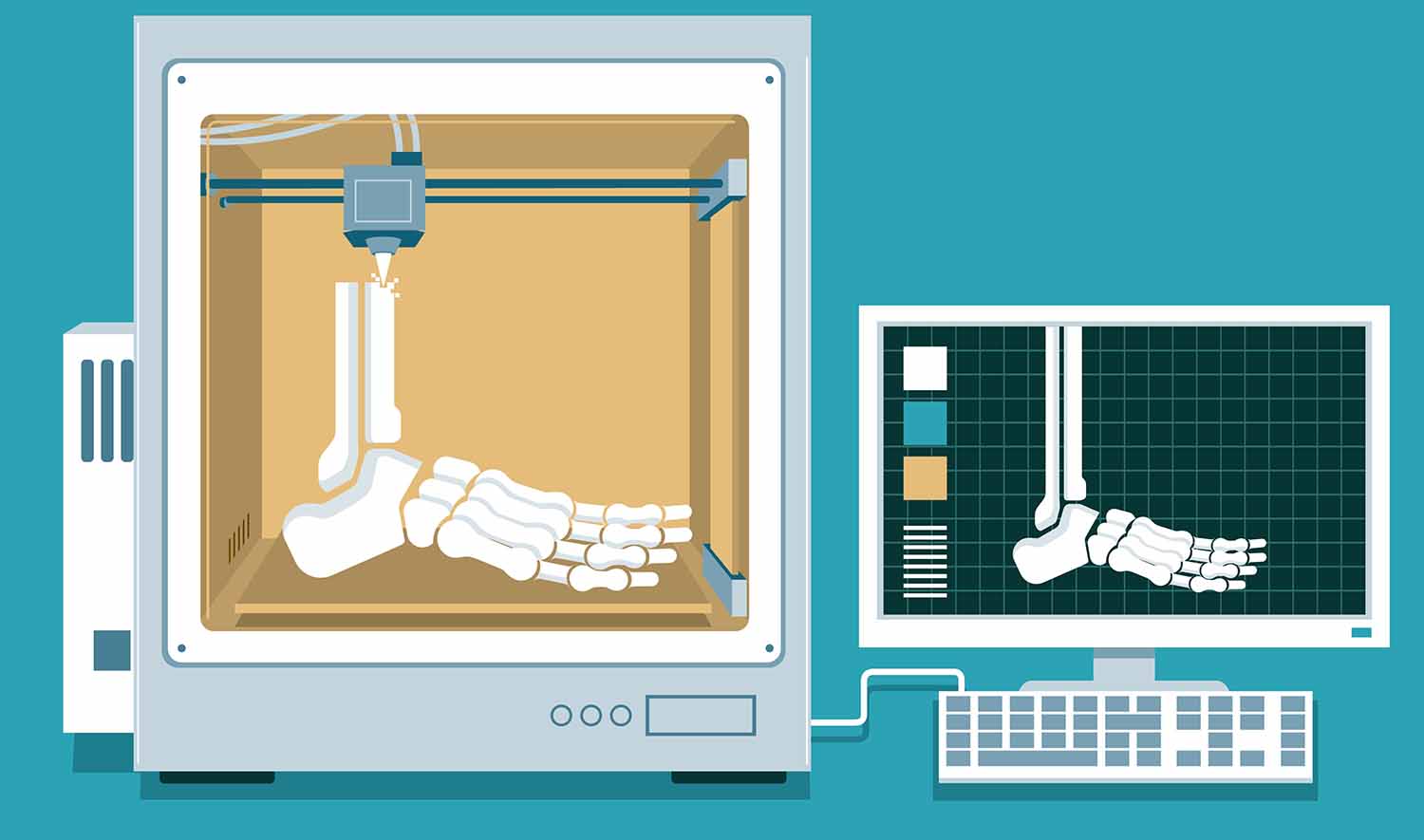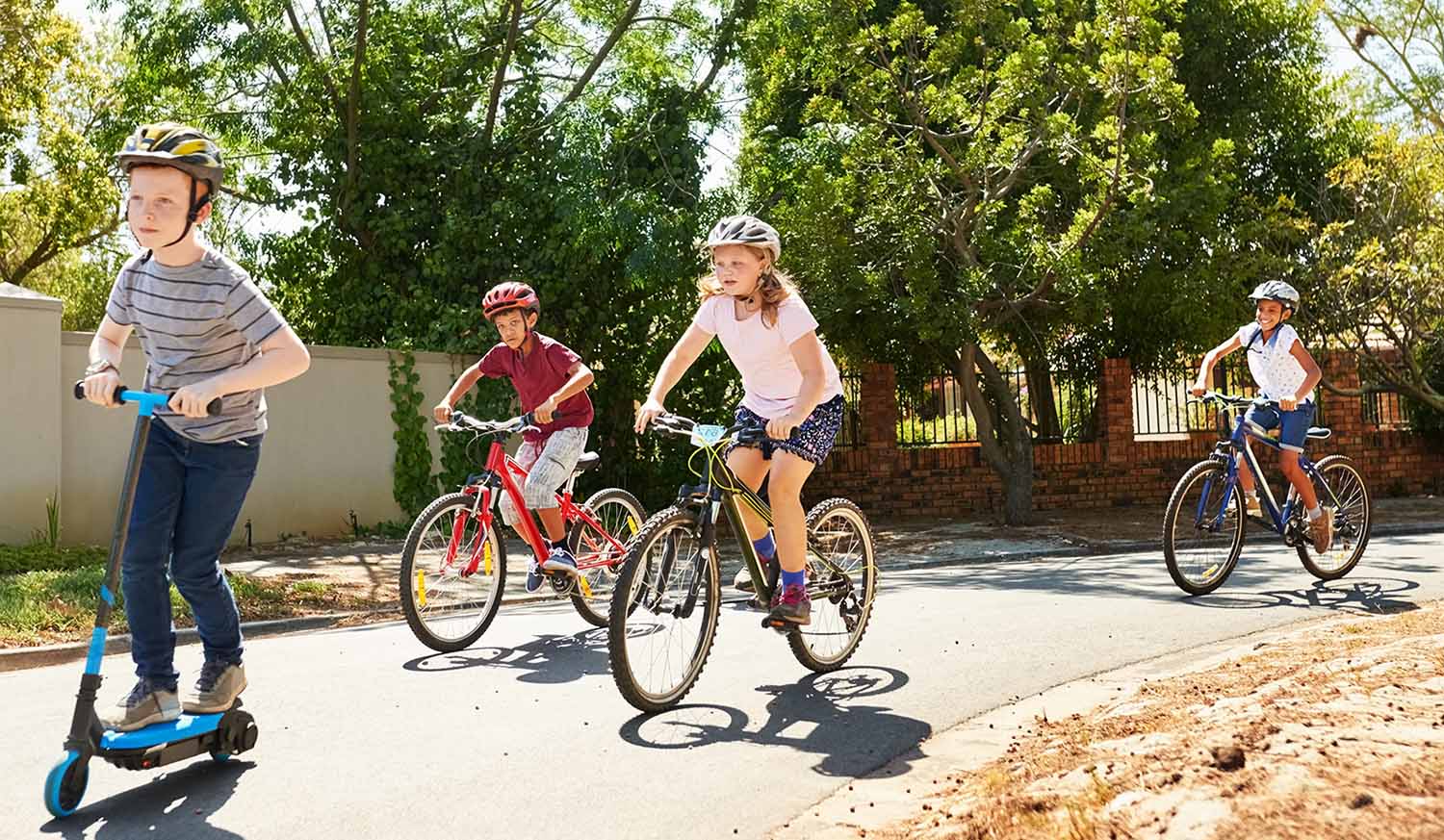A Printable Wheelchair
An organization called MakeGood NOLA is making it easier for parents to get the wheelchairs their kids need.

Courtesy of Noam Platt/MakeGood Design
Sebastian received a printed wheelchair called a Toddler Mobility Trainer when he was 18 months old. The wheelchair makes it easier for him to move around his house.
A wheelchair can cost thousands of dollars. For families of kids with disabilities, whose wheelchairs need to be replaced as they grow, the expenses add up fast. So an organization called MakeGood NOLA found a way to produce wheelchairs for a lot less money—by printing them out.
A 3D printer can produce just about any three-dimensional object if the user provides a design and some material, like plastic or metal. Anyone in the world with a 3D printer will be able to go to MakeGood NOLA’s website and download the free design for its printable wheelchair, called the Toddler Mobility Trainer (TMT). If they put the correct materials in the printer, they can print the TMT, part by part, and then put it together, with no tools required.
“We designed this to be modular and easy to make. Really, anyone with a 3D printer and some [material] can download the files and print it,” said Noam Platt, an architect who founded MakeGood in 2021.
Many architects design buildings, but some design devices that can be used in health care. At MakeGood, Platt is part of a team of experts who design not only wheelchairs but also many other useful tools. They include a pen ball, a ball that fits over a pen and can make it easier to grip, and a phone cuff, which goes over the hand and makes a phone easier to hold. All of the designs are free to download and can be printed with a 3D printer. MakeGood also helps individuals by designing and printing items to fit their needs.

Courtesy of Noam Platt/MakeGood Design
MakeGood NOLA designed the pen ball, which can be printed on a 3D printer. This device makes it easier to grip a pen.
Like MakeGood’s other designs, the TMT wheelchair is customizable. It can be printed in any color, and that’s just the beginning. Platt plans to adjust the TMT design to fit the needs of different users.
“[We plan to] start filling those requests with custom-printed chairs, including things that you might need for your particular chair,” Platt said in a video posted to MakeGood’s Instagram account.
The wheelchair is already helping kids with disabilities.
“It’s an A+,” one parent told CBS News, about an earlier version of the TMT. “It’s helped [my son] become more mobile and be able to adapt into the other things that he’s going to be offered. It’s helped his development.”






